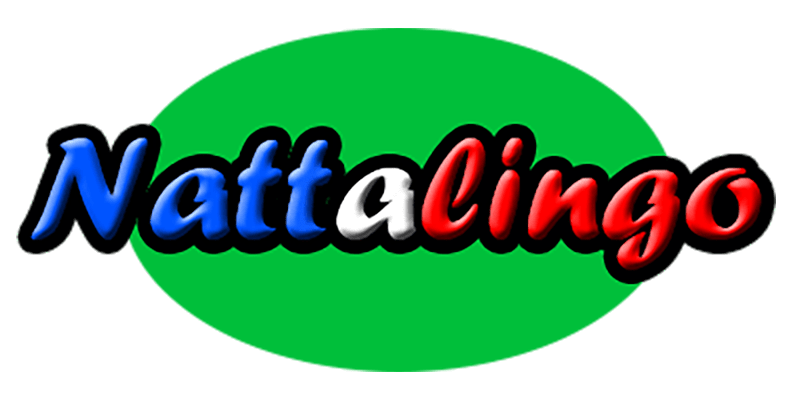I was so glad that after last year’s pilot the Northern Primary Language Show was going to run again, and even more delighted when I got asked if I would present something about using the target language in lessons.
Even though I am a native French speaker, I am conscious that I could be using more French in my lessons; as a non-specialist Spanish teacher, I do not have the confidence to use more Spanish at the moment. This is therefore a topic I was keen to research and work on! I am committed to it now!
Find out in the presentation here (presentation 25th November 17) some theories behind the use of L2 in lessons and some practical ideas to increase it, including using “Teachers Talking French” and “Teachers Talking Spanish”.
Thank you very much if you came, you were a lovely group to work with and I have added your contributions!
Please do get in touch if you would like to contribute some ideas!
Below are also some of my notes on the other workshops I attended and useful links.
Julie Prince started by challenging us to think about how we teach phonics in primary schools and whether it seems to be working or not. Her conclusions were that we must not stop at teaching the sounds, but we must do more bleding, synthesising and decoding. The sounds have to be part of syllables, words and text so they make sense to our learners rather than in isolation. Some of the great ideas which Julie shared were: in French, cross off silent letters with the children before reading out loud; recite a text; she boxed off phonemes on insulation pipes to get children to put words back together which they can hear; she suggested introducing phonics with words which exist in the English language but come from French (eg gâteau, café, chef, ballet); when we give words to the children to memorise we could choose words which have the same pattern (as they do when learning spellings in English). It was a thought-provoking but practical and enjoyable talk.
Abbi Usher and Nieves Sadullah’s workshop was about about MFL for real purposes. Abbi talked about making the most of e-pal projects and gave us practical ideas like digital letters that don’t look like letters but like spider diagrams. She also suggested recipe swaps, sharing favourite music, playground rhymes, using the links for authentic resources, exchanging videos, asking the children to teach to younger/older ones what they have learnt from their e-pals and many more! It has given me extra ideas on how I can further exploit my existing links with schools in France and Spain.
Nieves showed us how we can use pop music to teach languages: she suggested we selected a current song, found the backing track on youtube, then use it to practise words and phrases. Her rules for “writing” a song are very simple and doable: use the introduction for choral repetition with the class, the verse to practise key vocab and phrases, listed, and the chorus to put those into whole sentences. It was a lot of fun and inspiring!
Afterwards, I listened to Jim McElwee talk about making the benign interesting… which he does beautifully! Some of his ideas were to use context to match more up to date topics; for example he used photos of stationary from Tiger to make classroom objects more interesting, by focusing on the photos so you would think they were something else, eg a stapler which looked like a mouse. He recommended things like using food to draw faces for body parts and draw healthy and unhealthy faces when talking about food; he used the books “Le livre des j’aime” and “Questions idiotes” which both look fab. His main message was to teach in a way that would create an emotional response from the children and to allow the learners to share how it made them feel.
Steven Fawkes later presented about the fascinating project The Language Magician.
Lastly Jenny Carpenter, the co-author of the “Teachers Talking French” and “Teachers Talking Spanish” resources mentioned above, presented the courses before we delivered workshops for the different languages.
There was also a lovely exhibition where I met the following people again: Catherine from Little Linguist (yes, I got more books!), Odette and Martin Hunt from PQ France and Leanne from Headstart Languages (I got a great pen!). I also found out about LFEE‘s latest initiatives and PowerLanguage; European Schoolbooks were present too. It was a bit cold but there was such a lovely atmosphere!
After all this it was already time to get a lovely bag full of free resources before we headed home.
I now look forward to this event every year!

